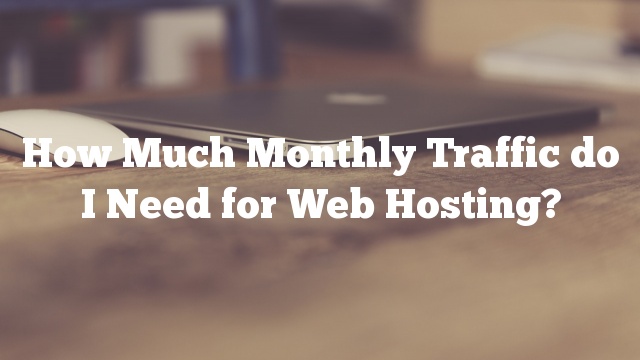There are countless hosting websites on the internet. HostingManual.net has an excellent list. Dedicated server hosting, shared hosting, VPS as well as all the others, each of these options presents its ups and downs.
Dedicated Web Hosting: Flexibility & Reliability with Control
Dedicated web hosting is not an uncommon option anymore, with e-commerce becoming a somewhat standard feature in websites. Supporting such hosting are dedicated servers that make it possible to have a server for your specific use, without having to share it with anyone. You also get complete control, flexibility as well as performance to match your business needs.
Shared Hosting: User-Friendly & Cost effective
Shared Hosting, in webmaster’s terms, is regular or conventional hosting; it puts your website on a typical server, sharing it with other sites. Most of the websites online today use this plan, and it’s one of the most commonly used options, particularly among start-ups and individuals with necessary website requirements.
However, while using a shared server, it may make sense to use a dedicated IP. This provides better protection to your website. The only downside is that in case your website receives a large number of visitors, on a given day or every day, you will feel the pinch of the lack of resources in a shared server arrangement. In such a case, it is recommended you select VPS plans instead.
Green Web Hosting: Energy-efficient Hosting
Green web hosting has arrived in a big way. Many of the existing companies are known not to be very energy efficient. Green web hosting provides an opportunity for the company to buy carbon credits and offset their production of carbon dioxide. Wind power and solar energy are used to fulfill the need of power.
VPS Hosting: Best of Dedicated and Shared Servers
VPS is another technology on the rise among many companies as it provides an excellent return on investment. What VPS provides you is a combination of the reliability associated with a dedicated server, on the one hand, and the lower cost of a shared server on the other.
Reseller hosting: Profitable Option
Reseller plans provide the user with complete control of multiple websites by using just one control panel. Leading providers can offer you flexible reseller packages as most of them provide excellent service as well as quality support.
This kind of hosting is attractive as it allows you to pay a flat fee, and then resell plans yourself, thus generating profits on comparatively small investments.
Cloud Hosting: More Applications More Power
Cloud hosting, as opposed to traditional methods of web hosting that use a single server, is operated on multiple web servers simultaneously. Cloud web hosting is touted as the next level of shared hosting as it allows companies to host many different applications across many servers. The possibility of using the supposed limitless power of multiple servers is just one of the advantages of a cloud server.
Conclusion
Many websites providing hosting reviews give first-hand information to those new to the scene. By referring to such information available online and closely following forums and discussion threads, you can get a fair idea of what is suitable for your requirement. Using the experience of other customers, businesses and individuals as pointers can save not only money but also valuable time.


